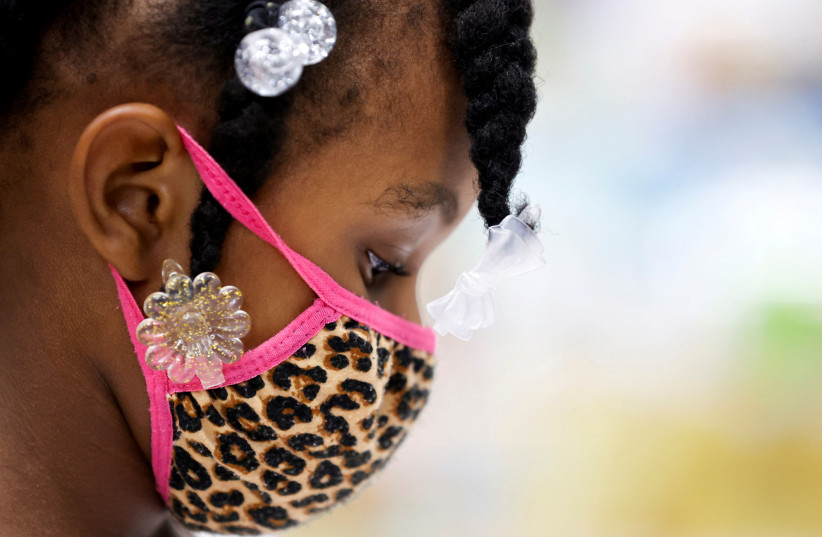In partnership with Ronit Haimoff Zilberman.
Israel lifted its public mask mandate last week. After two years of social distance and restrictions, Israel is discarding a seminal symbol of the pandemic. Some masks, though, aren’t visible to the naked eye. Here are a few that we carry with us.
Mask of strength and resilience
People tend to run around all day, pushing themselves to productivity, even as the body immediately collapses from fatigue, pretending to be impenetrable, because there’s no room for weakness. They will smile and only show what shows strength and positivity on our social accounts.
Mask of kindness and pleasure

People are pleasant and kind, sometimes to the point of sacrificing their desires for another person. At times, this can be done as a security mechanism, to keep people close.
Mask of anger and militancy
Instead of admitting feeling threatened, scared, vulnerable and exposed, instead of feeling pain or anger, people will choose to fight instead.
Mask of apathy and detachment
It is possible to wear multiple masks at the same time.
Often this mask is paired with the mask of militancy so that it's easier to drown out the pain, and people will detach from it so that they don’t feel weak.
The problem with all of these masks is that they are put on and do not allow for love to pierce the heart, to feel a sense of belonging, compassion and acceptance. Independence and authenticity demand the removal of these masks, to remain vulnerable and exposed, because only then can we enjoy true freedom, liberty and independence.
How do we remove the masks?
It's simpler than you might think.
Here's an easy exercise to shed the metaphorical mask: Close your eyes and try to relax. Make sure your body isn’t tense. Take a breath and try to identify the parts you love and connect them. Now, take another breath and try to identify the parts you like less. With your eyes closed try to find out what the purpose of these parts is for you. Do they protect you, and if so, why?
Finally, imagine how you’ll look and feel without the masks. No more lying, no more hiding. Imagine tossing all of the masks.
It’s not wise to only feel freedom during Passover and only feel independence on Independence Day. Feel these feelings in the body throughout the year. Freedom is a basic need necessary for people to express their desires and needs, to interpret them as they see fit.
In the spring, when we celebrate Passover, Remembrance Day and Independence Day, I suggest everyone do a self-process of freedom, memory and independence.
Ask yourself: Which desires or needs do I aspire to fulfill?
What is my freedom of choice? What is the right way for me? Which actions, thoughts, feelings and beliefs do I adopt?
Which past memories were a lesson for me? What is healthy for me and what isn’t? Which prices are worth paying and what’s considered too heavy a price?
.
I wish you to live every day of your life out of a sense of freedom and independence, and remember that freedom isn’t something that someone gives you. It’s a precious gift you give yourself.
